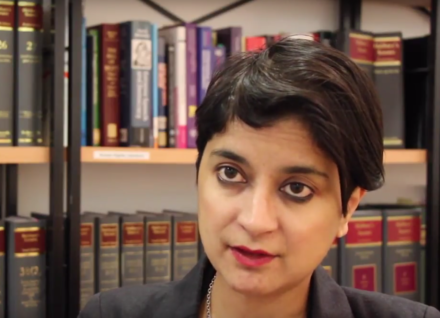
Imagine a Martian falls to Earth tonight. Let’s say Martians are sexless and completely unaccustomed to sexual or gender-based difference on their own planet. Our alien friend could arrive absolutely anywhere in our world, on any continent in a rich, poor, urban or rural environment. What difference, discrimination, oppression would they notice everywhere and most of all? Surely they could not fail to observe that roughly half the race are overtly diminished in a way that diminishes the other half in a manner that is perhaps more subtle but nonetheless real.
Look at the suicide rates of young men in particular. Look at them all over the world in and out of war, crime and incarceration. Look at your kind, clever and gentle sons, brothers, husbands and lovers, and the pressures that set upon them to be the closed and invulnerable bullies who first bullied them. Wasted potential. Lost happiness. Wasted life.
I don’t want to call the cup half empty but the pace of its filling is certainly too slow. Twenty years ago I thought we were in inevitable positive transition. Fresh from the comfort and confidence of a completely free and relatively egalitarian state higher education, I had all the time in the world and thought I would not need it. Now I am not so sure. At least in the short term.
I had so much faith in my generation of similarly educated young men and women who shared classes, books and dreams but grew up to betray each other and themselves, with crunched credit, illegal wars and a more unequal world of our own making. What would a Pankhurst or De Beauvoir make of my generation of feminists?
A more equal world is one where women and men share power, responsibility and opportunity. It is potentially a happier and more peaceful world where women are less likely to be harmed by an intimate or loved one and men are less likely to die at the hands of another man or by suicide. A more equal world precludes the concentration of wealth and influence in so few hands that even democratically elected politicians and apparently fearless journalists flinch from speaking truth to what is currently all-too unaccountable true twenty-first century power.
It is for anyone to decide whether to describe themselves as a feminist but I reserve the right to be a little more critical of a self-proclaimed feminist woman or man, who does not stand up for equality, inclusion and human rights (beyond their own narrow self-interest).
Gender justice is not a “single issue”. It cannot be separated from politics and economics in the deepest and broadest sense, nor from fundamental rights, both civil and political and social and economic, both at home and abroad. It cannot be achieved within our comfort zones, or by talking to people only like ourselves. Only radical solutions can even scratch the surface. However the prize is a great one because of the enormous collateral benefits to peace, prosperity, sustainability and general human happiness.
Of course too much wealth, health and power is enjoyed by too few, but ballot box and representative democracy, on-street and online protest, civil society and trade union action and the law, are still enormously powerful levers for change. As we have seen in recent times in several places, it is possible for us to come together as women and men, young and old, at home and internationally and use the power, talents and hard-won rights and freedoms that we have to build a fairer settlement. I believe that far greater equality for women and men is realistically within our reach and well worth the stretch.
Baroness Shami Chakrabarti is shadow attorney general and former director of Liberty.
Taken from “Of Women in the 21st Century” by Shami Chakrabarti.
This piece was commissioned by guest editor Diane Abbott.




More from LabourList
‘I was wrong on the doorstep in Gorton and Denton. I, and all of us, need to listen properly’
‘Why solidarity with Ukraine still matters’
‘Ukraine is Europe’s frontier – and Labour must stay resolute in its defence’